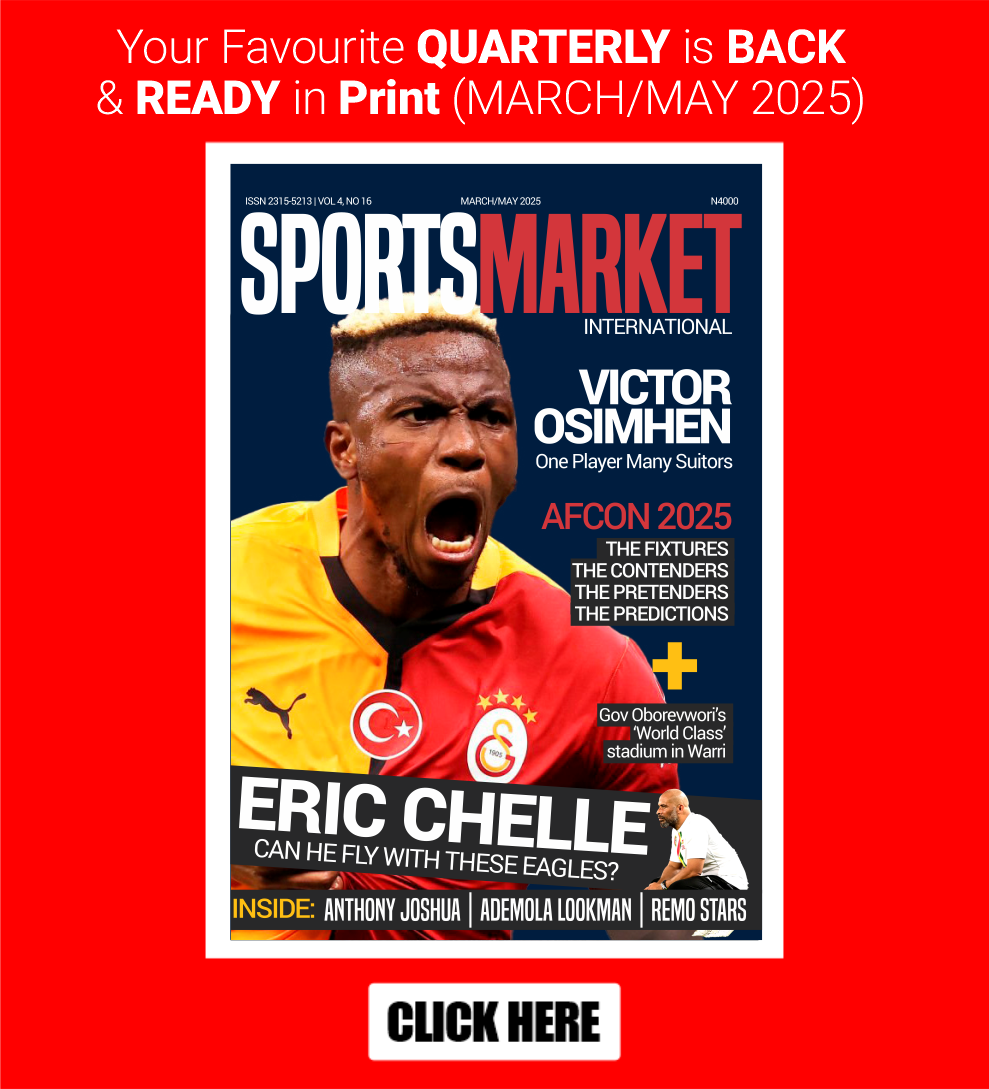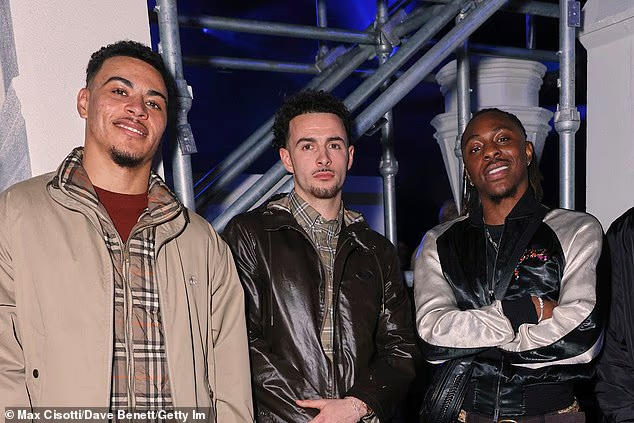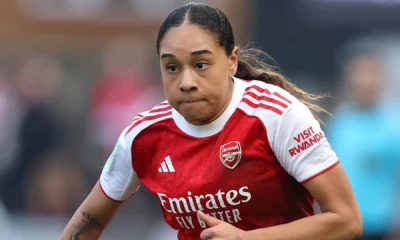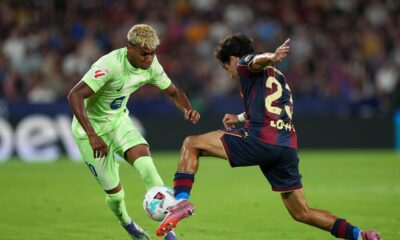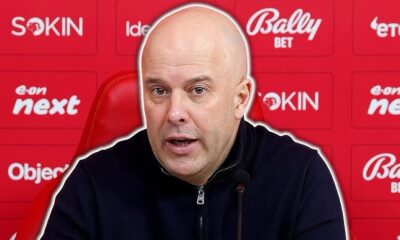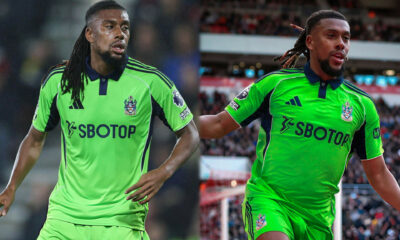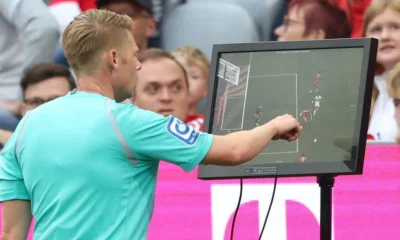Marketing & Sponsorship
Nike nabs early lead over Adidas in Women’s World Cup gear sales
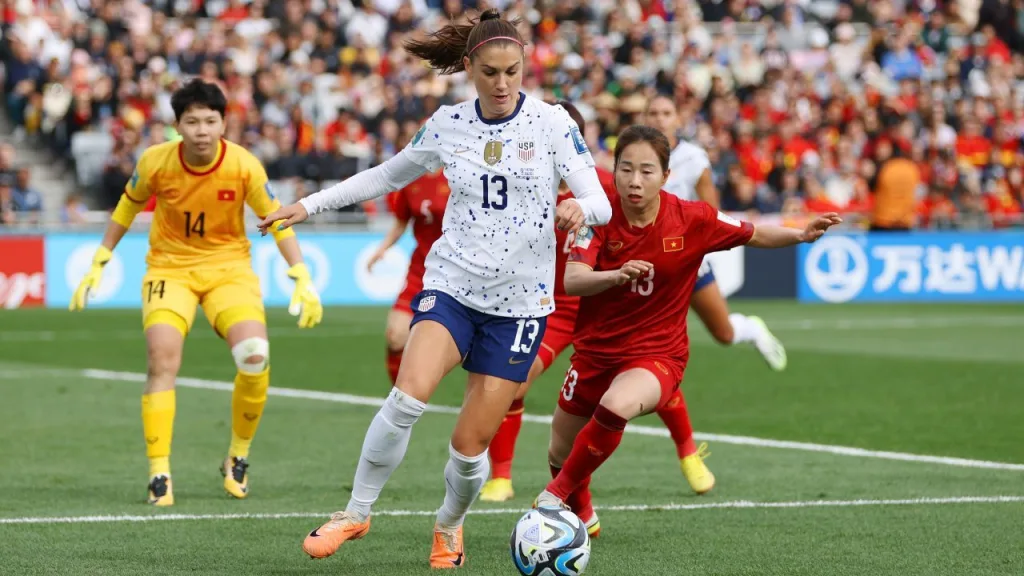
Among the battles of the brands at the Women’s World Cup, no showdown likely means more dollar-wise than the one playing out between Adidas and Nike.
Each sees soccer as a key cog in its business, and the sport produced sales of $25 billion and $51 billion for the companies, respectively, over their most recent four quarters.
At the moment, Nike appears to be winning.
“Nike is selling out of World Cup merchandise faster and at a higher price point than Adidas,” Refinitiv director of consumer research Jharonne Martis said in an email. “The latter has been offering higher promotions for its World Cup merchandise. This suggests that Nike is better poised to gain higher profits from the Women’s World Cup.”
As of a week ago, just ahead of the tournament’s kickoff, Nike was enjoying a sellout rate on 11% of its World Cup merchandise, compared to 4% for Adidas, according to Martis’ research, which stems from a partnership between Centric Pricing, a collector of pricing and sales data, and London Stock Exchange Group (LSEG), owner of Refinitiv as well as other financial services and information businesses.
Adidas is an official sponsor of the WWC, which is taking place in Australia and New Zealand. But both companies sell World Cup-related merchandise by virtue of their team sponsorships. Adidas sponsors 10 of the teams in the tournament, while Nike claims 13. (Puma is a distant third with two teams while a clutch of other brands sponsor one squad.) Teams generating the most sellouts are Adidas’ Argentina and Nike’s Brazil, England and France.
According to Martis, the research found 65% of national team merchandise on sale at Adidas with an average discount rate of 25% off list price, while Nike appears to be holding the line on prices better, with 16% of its team merchandise on sale with an average markdown of 4%.
However, discounting doesn’t tell the whole story—as any shopper knows, sometimes the list price is there just to make the actual price seem like a better deal. Such might be the case with Adidas, which the Centric-LSEG analysis says is starting with an $84 average price for shirts and jerseys—the bulk of merch sales—compared to Nike, which has an average list price of $78. The researchers tallied 846 “fan gear” items from Nike across the 17 teams it sponsors, and 354 products for the 17 “national teams” Adidas supports.
The Women’s World Cup merchandise trends seem to carry over from the men’s version of the quadrennial tournament last fall. In the first two weeks of the Qatar World Cup, Nike enjoyed a sellout rate of 23% compared to 11% for Adidas, according to a December analysis by Refinitiv done in conjunction with StyleSage. During that period Nike had a much higher average selling price than Adidas, $71 versus $46.
With both World Cups, each company sees making a big impression important both for immediate sales and long-term brand awareness. Nike CEO John Donahue told analysts at the end of June that the company saw double-digit growth in its global soccer business thanks in part to excitement about the Women’s World Cup. “Nike,” he said, “is proud to partner with more federations in the tournament than any other brand, and we’ve matched that energy with our most comprehensive women’s football collection ever.”
For his part, Adidas CEO Bjorn Gulden told analysts in early May that soccer remains a strong suit for the company. “We look very, very good for ’24 in football. Women’s football gained importance,” Gulden said. “I do think we have to own soccer around the world.”

-

 Premier League2 days ago
Premier League2 days agoArsenal Star Olivia Smith Stretchered Off In FA Cup Scare — What It Means For The Gunners
-

 LaLiga2 days ago
LaLiga2 days agoHansi Flick Explains Lamine Yamal’s Frustration After Barcelona Win
-

 News2 days ago
News2 days agoAngry Arne Slot Slams Liverpool’s ‘Worst Performance’ Despite Late Win At Nottingham Forest
-

 Local News2 days ago
Local News2 days agoAlex Iwobi Masterclass Powers Fulham Revival At Sunderland
-

 Local News2 days ago
Local News2 days agoNaija Stars Abroad: Goals, Grit And One Absence That Shook Istanbul
-

 News13 hours ago
News13 hours agoNapoli Fan Hospitalised After Domestic Dispute Sparks Over VAR Decision
-

 Premier League2 days ago
Premier League2 days agoAlex Iwobi: The Manager’s Dream Lighting Up Fulham’s Season
-

 News13 hours ago
News13 hours agoArsenal Star Eberechi Eze Leads Premier League Glam Squad At London Fashion Week


